Japanese engineers have broken a record by successfully transmitting data at speeds more than 22 times faster than global internet speeds over a single fiber optic cable.
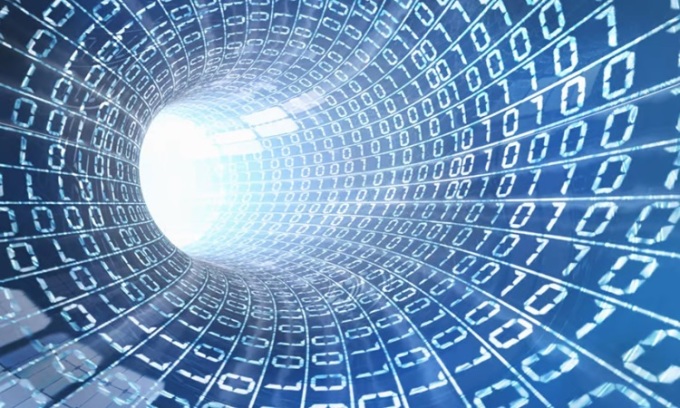
New fiber optic cable system breaks data transmission speed record. Photo: Depositphotos
The fastest consumer Internet connection in the world today is 10 gigabits per second (Gb/s). However, most conventional lines only reach speeds of a few hundred megabits per second (Mb/s). Currently, Japan's National Institute of Information and Communications Technology (NICT) has achieved an extremely high data transmission speed of up to 22.9 petabits per second (Pb/s). One petabit is one million gigabits, fast enough to transmit the entire second-by-second traffic of the global Internet, 22 times faster than the remaining bandwidth. Even NASA has only achieved a speed of 46 terabits per second, or 0.046 Pb/s.
To reach this milestone, NICT leveraged several new technologies. Instead of using just one data transmission core, the cable contains 38 cores, each capable of transmitting data over a total of 114 spatial channels. Each mode in each spatial channel is made up of 750 wavelength channels across three frequency bands (S, C, and L), for a bandwidth of 18.8 THz.
The technology helped increase data transmission speeds to 22.9 Pb/s, more than double the previous record set in 2020. The NICT team said the current system could achieve even faster speeds of up to 24.7 Pb/s if error correction was optimized.
However, decoding the data involves complex signal processing, requiring the installation of specialized equipment called MIMO receivers throughout the network. In the shorter term, a version of 4-core fiber that transmits data in only one mode per core is compatible with today's infrastructure, with speeds of more than 1 Pb/s.
An Khang (According to New Atlas )
Source link




![[Photo] Prime Minister Pham Minh Chinh receives Mr. Jefferey Perlman, CEO of Warburg Pincus Group (USA)](https://vstatic.vietnam.vn/vietnam/resource/IMAGE/2025/4/18/c37781eeb50342f09d8fe6841db2426c)


![[UPDATE] April 30th parade rehearsal on Le Duan street in front of Independence Palace](https://vstatic.vietnam.vn/vietnam/resource/IMAGE/2025/4/18/8f2604c6bc5648d4b918bd6867d08396)


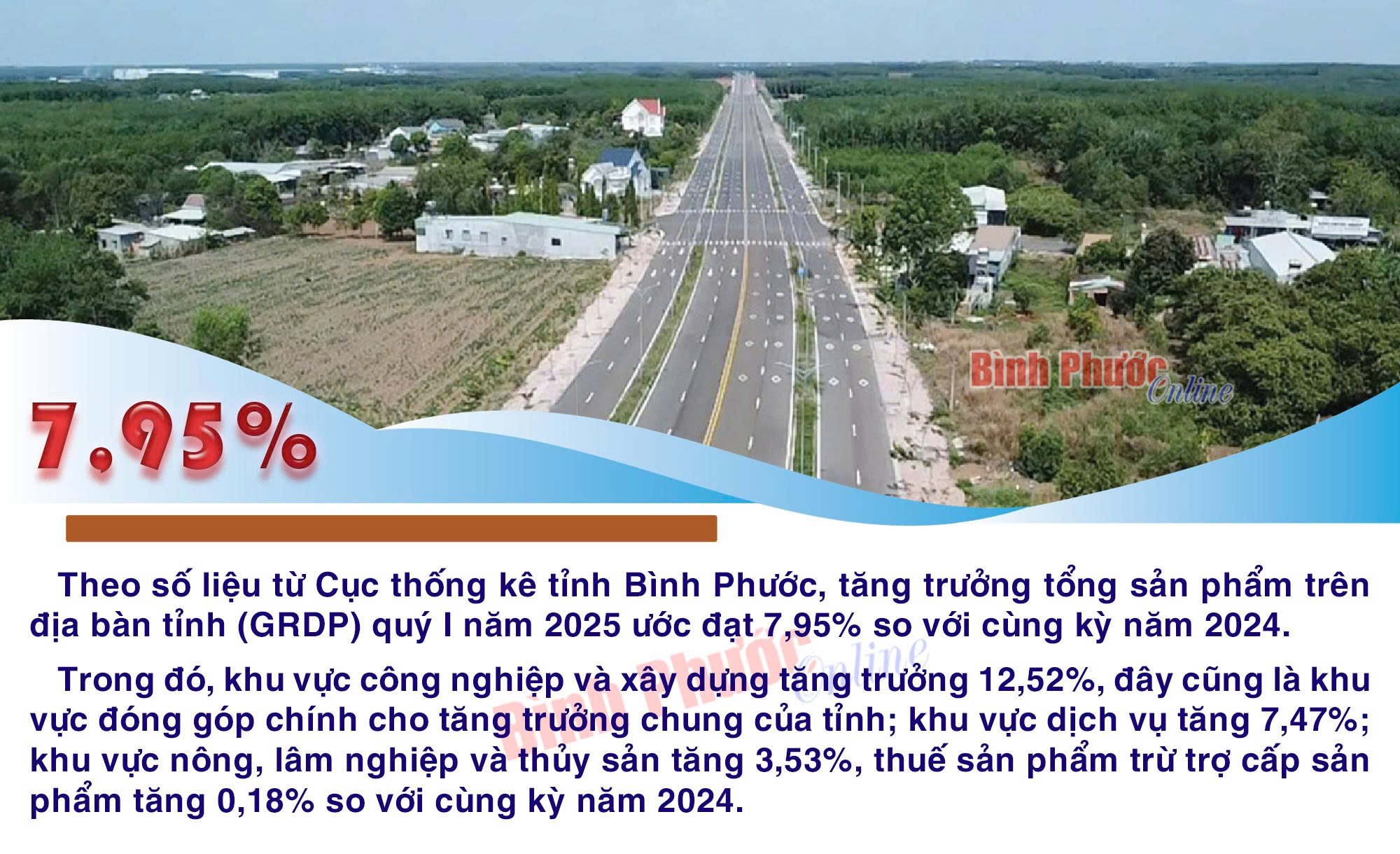

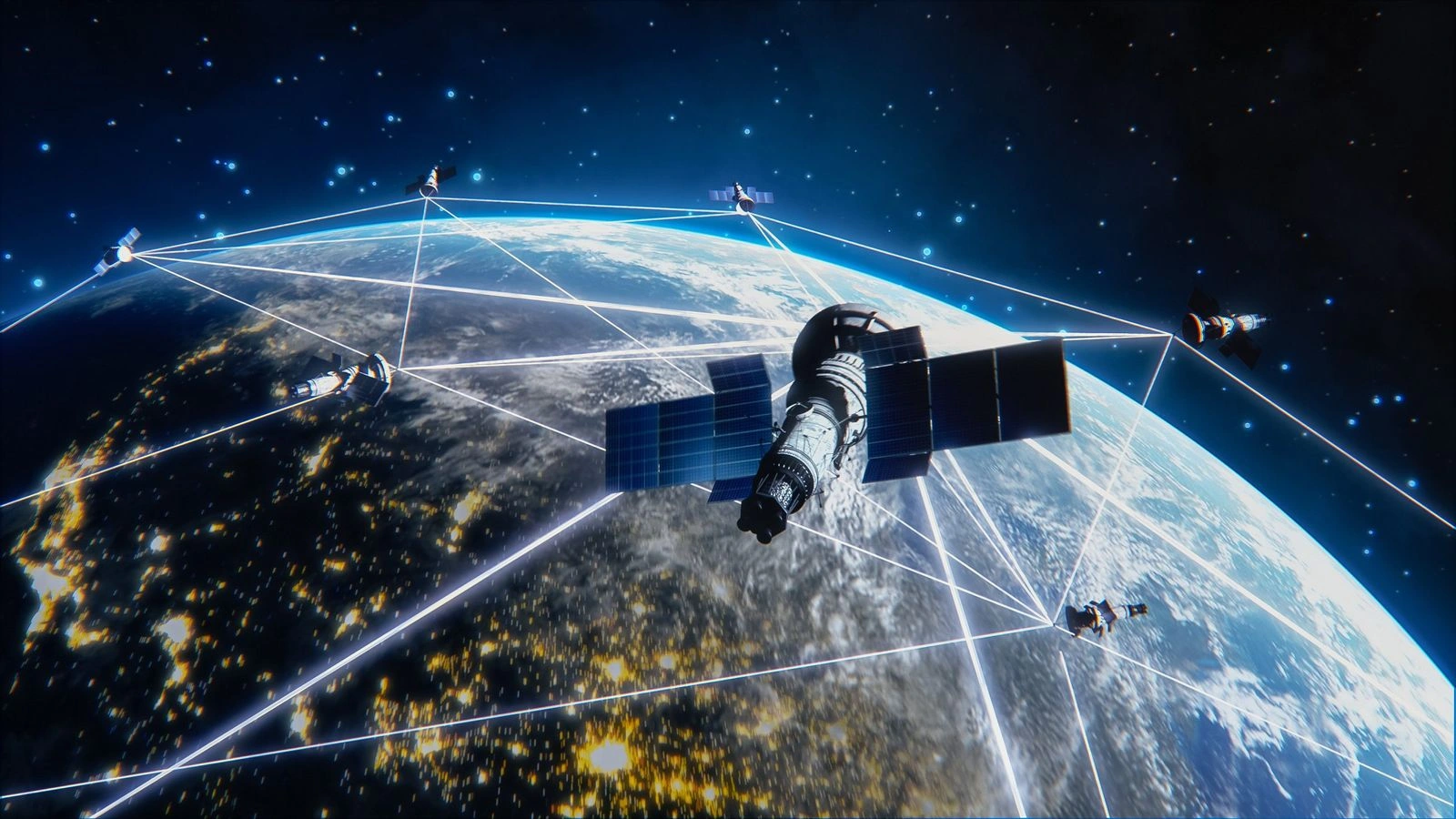

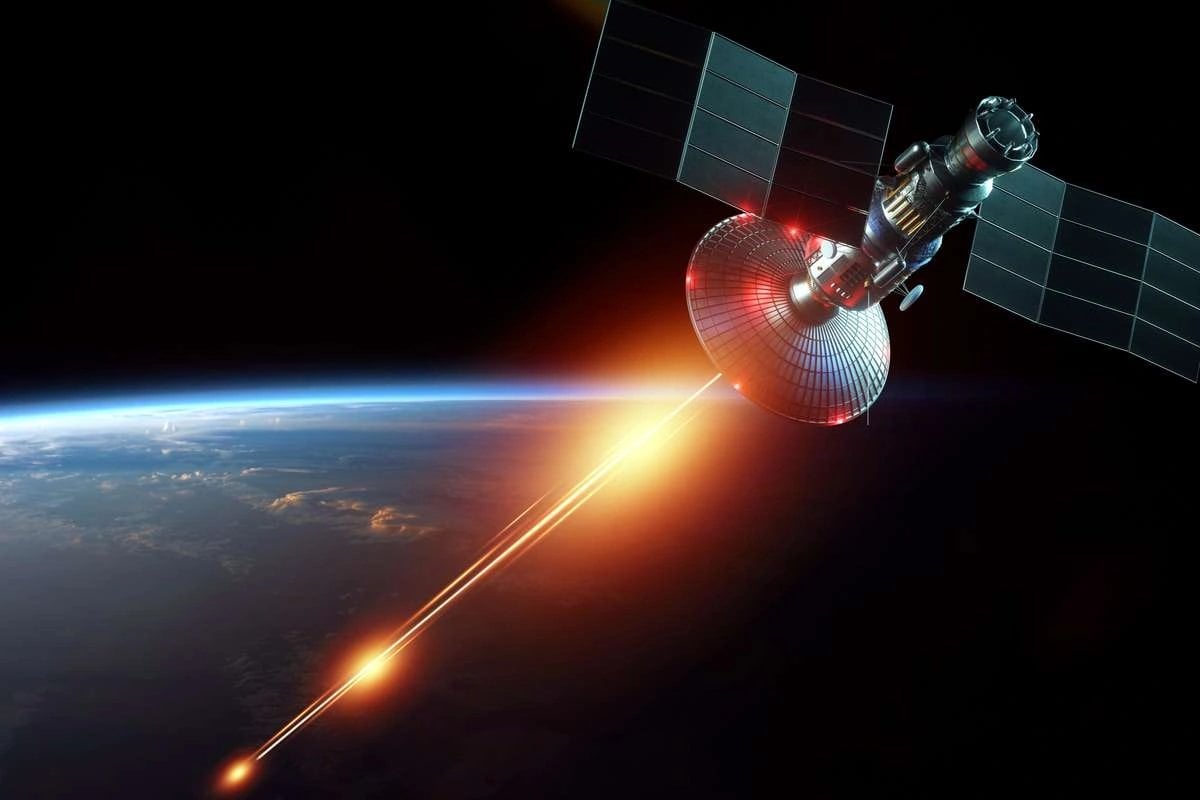


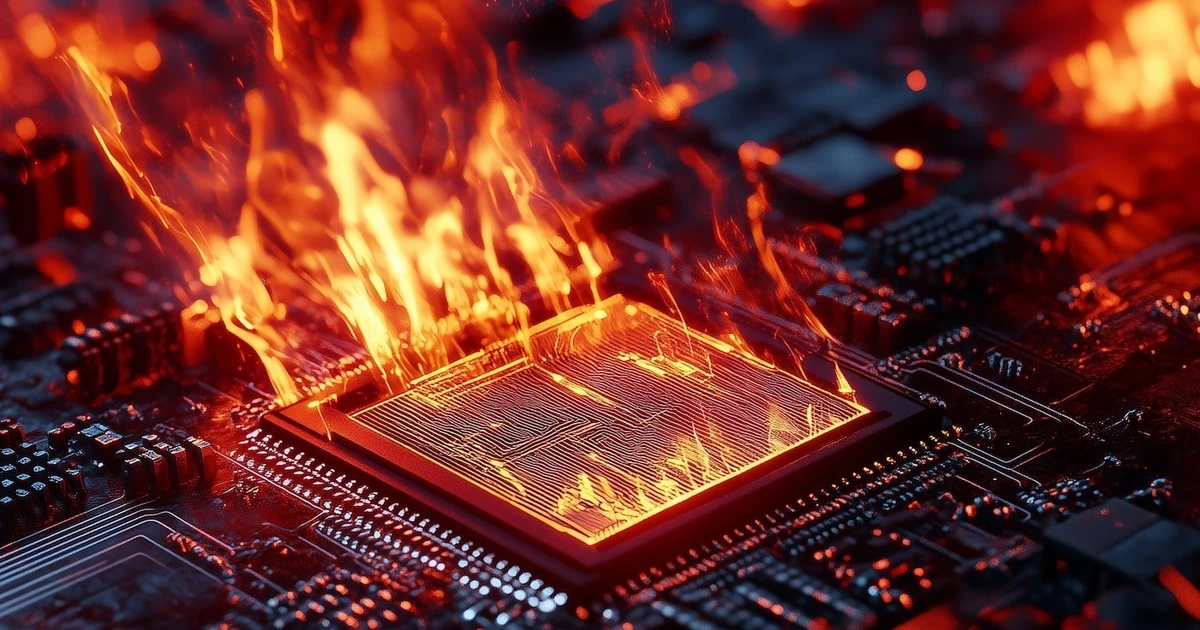

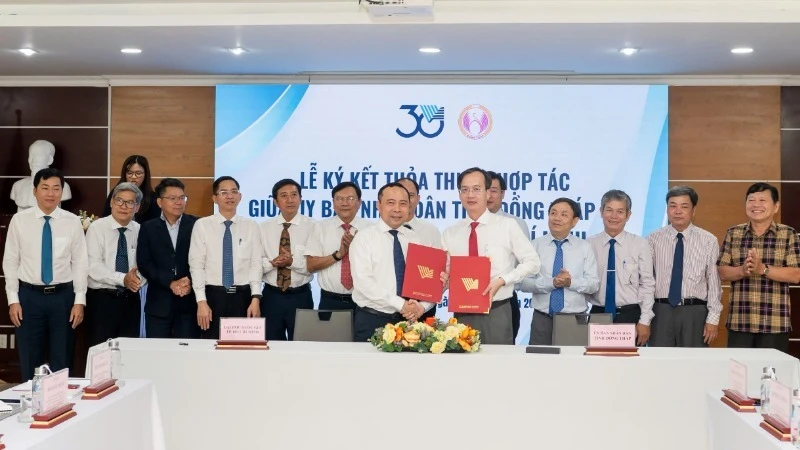

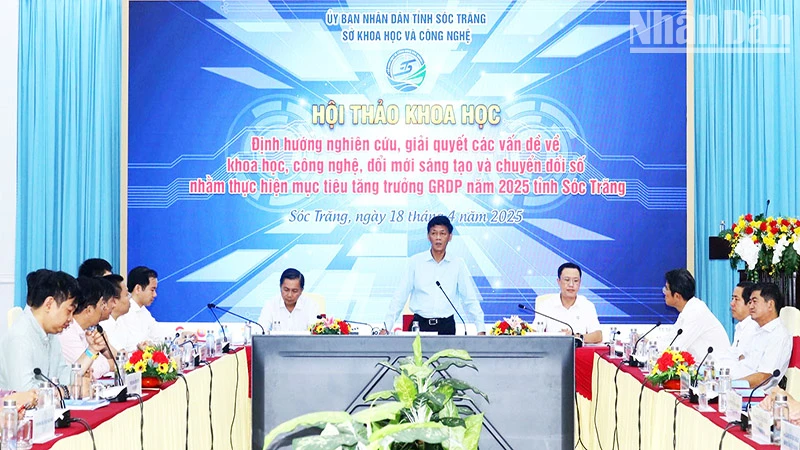
























































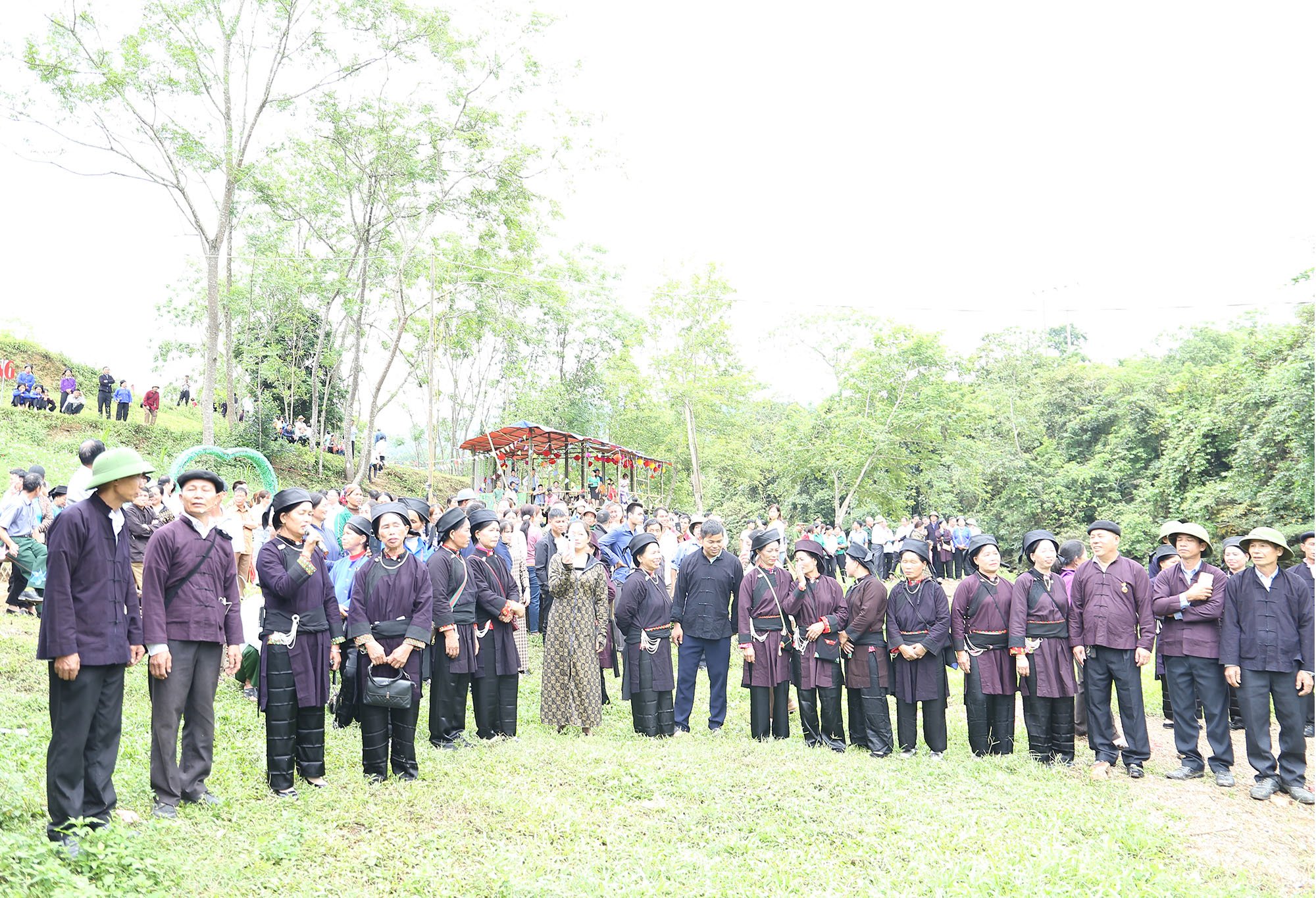



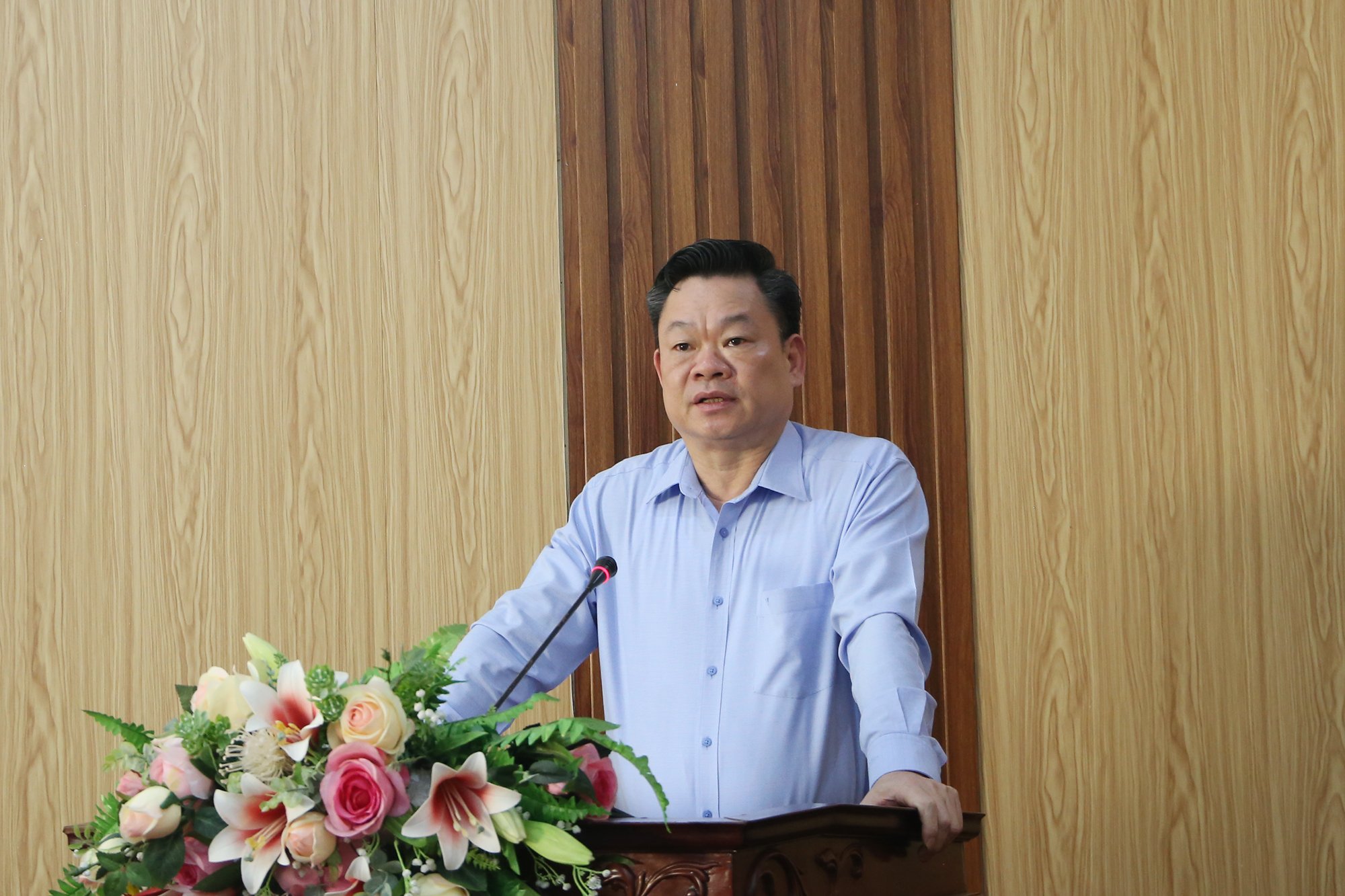












Comment (0)